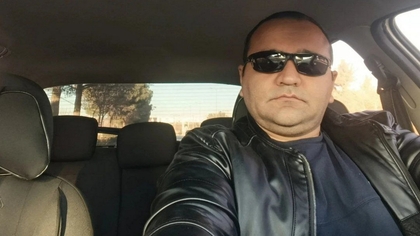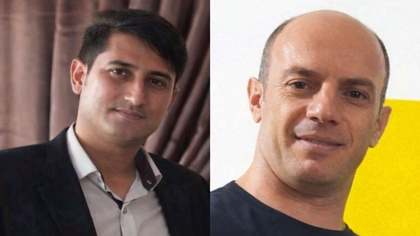Rebin Gorani, Volunteer Environmental Protector, Dies After 11 Days in a Coma Following the Mariwan Forest Fires

Friday, September 5, 2025, Rebin Gorani, an 18-year-old from the village of Sawa in Mariwan County and a volunteer protector of the environment, died in the intensive care unit of Sanandaj’s Towhid Hospital after spending 11 days in a coma caused by severe respiratory damage from heavy smoke during forest fires in the Henjiran region.
Earlier, the environmental association Sabz Chia reported that Rebin, motivated by his commitment to protecting nature and the forests of his homeland, rushed to the fire site at night. However, within the first hours, he experienced dizziness and acute respiratory distress. After returning to his village and going to Mariwan Hospital, he was not admitted during the first two days despite the seriousness of his condition. Only on the third day, after repeated vomiting and further physical deterioration, was he hospitalized and placed under treatment.
By Tuesday, August 26, 2025, his condition had become critical, his vital signs had collapsed, and he eventually fell into a coma. He was later transferred to Towhid Hospital in Sanandaj, where, according to the last reports, he remained in intensive care until his death.
The Sabz Chia Environmental Association, after learning of the incident and visiting the Gorani family in hospital, closely followed the treatment process and announced that it would stand by the family at every stage. In a statement, the association praised the sacrifices of environmental activists and urged the public not to enter fire zones without coordination, emphasizing the need for immediate reporting of any accidents to allow for proper support and follow-up.
This tragedy not only ended the life of a young environmental activist but also once again highlighted the deep shortcomings of Iran’s medical services, lack of preparedness in facing environmental crises, and absence of protective mechanisms for volunteer nature defenders. The days-long delay in admitting him to hospital, even after severe symptoms appeared, exemplifies the negligence of responsible institutions toward the lives of ordinary citizens who, without equipment or official support, stand on the frontline against environmental disasters.
With the death of Rebin Gorani, serious questions arise about the responsibility of state institutions in managing environmental crises, providing resources for local activists, and ensuring timely and effective medical care for those harmed in such incidents. Silence or inaction in the face of tragedies like this is not only a grave human rights violation but also a sign of systemic disregard for the lives and dignity of environmental defenders and the local populations living in high-risk regions.



